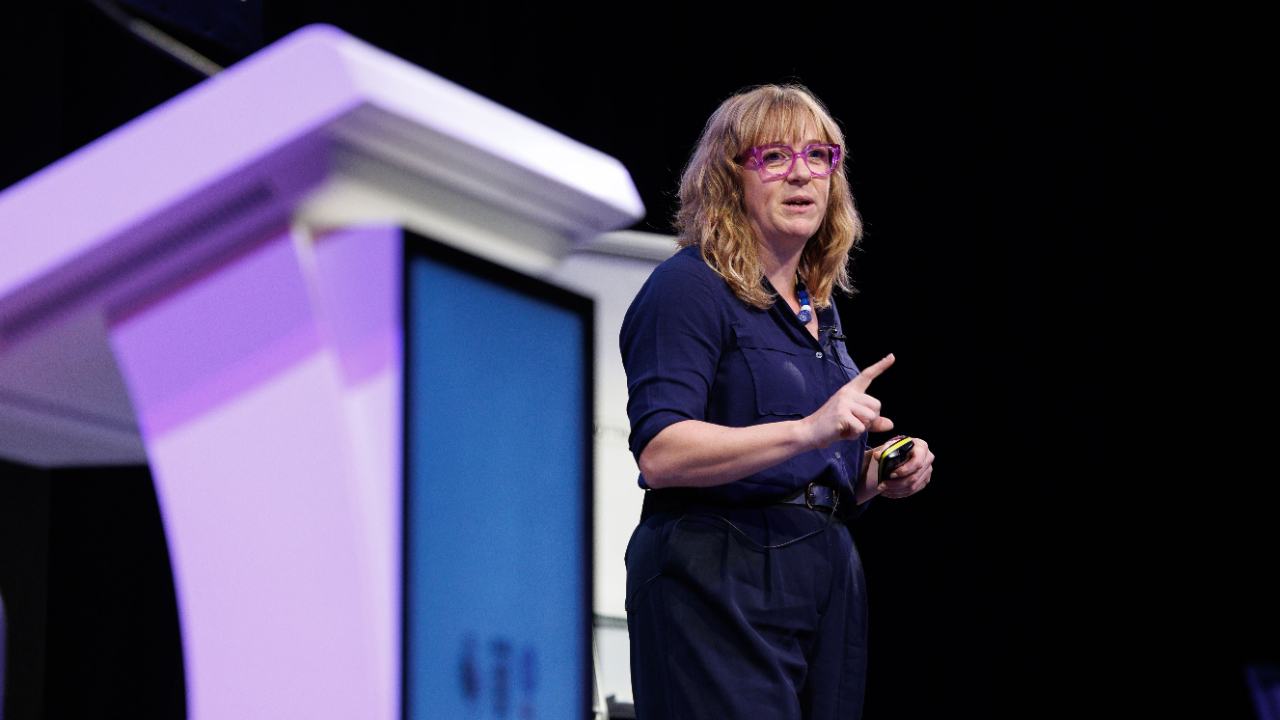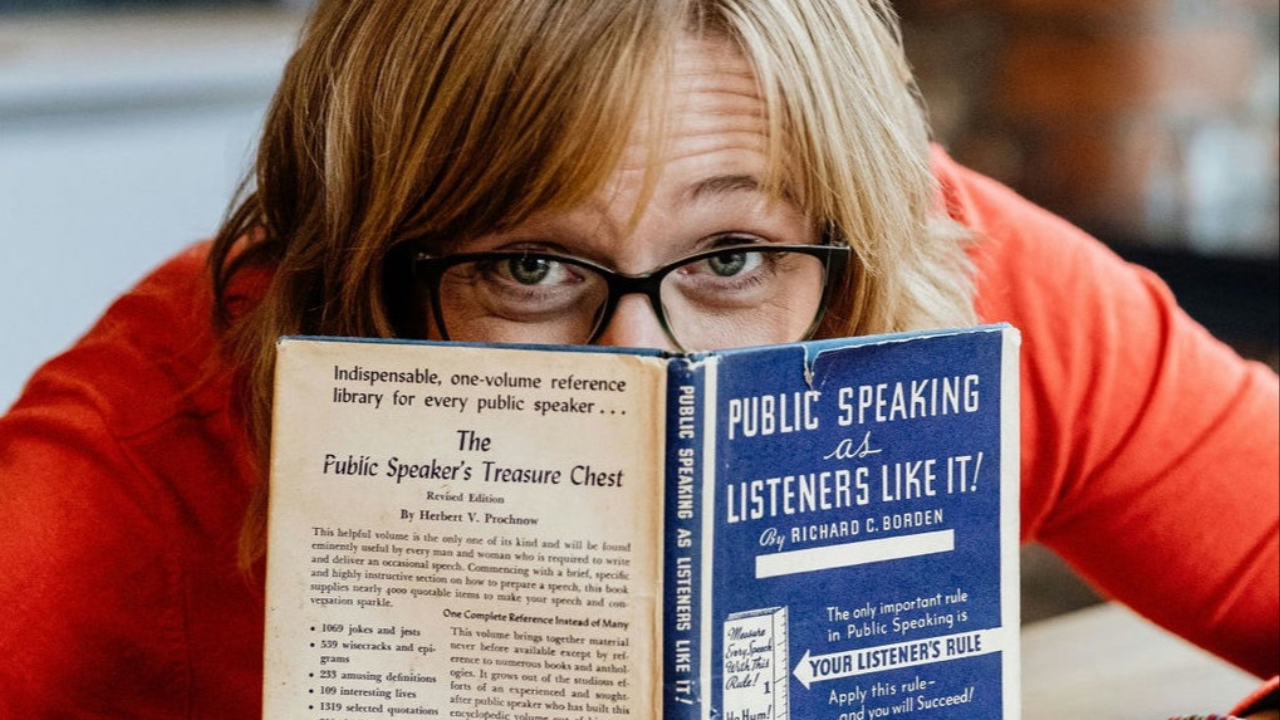Be you: Stop saying sorry
Nov 28, 2023
“I have some silly questions,” I said to the group of people sat in front of me, they are all senior to me and when I think about being here I grin inside that I am worthy to be at this table.
I asked the questions – all of them brought important debate, and got us to think about issues we’d not discussed before now.
There was silly about those questions. Even so, I finish by saying: “And that’s all the silly questions thank you”…
The people around the table replied “nooo they were really good questions”
I left that meeting kicking myself – I deserve to be in that room so why did I let my “pinch myself I can’t believe it” feeling get the better of me?
Why am I apologising for myself?
Self-deprecation is a great tool to win people over, knowing your flaws and exploiting them allows people to feel good about theirs in your presence. There’s a difference between this and apologising for yourself.
In presenting apology appears in the way you introduce something “I hope you don’t mind but I wanted to share this with you” or “can I ask some silly questions?” (*facepalm*)
Or in the way you move on from something: post-punchline you say “anywaaayyy”
Or in the little giggle, you let out when you say something slightly wrong.
All of these are ways we end up undermining yourself. And when pitching or presenting you have to own the room, own your content and fulfil your assumed role as someone in authority.
How to stop undermining yourself
1). Be confident in your content
Confidence in your content is vital. Rehearse it more than you need to. Make the stories your own. Do what it takes to make sure you are comfortable with what you are talking about.
Remember if you don’t know everything, or the answer to a question from the audience, that’s not something that you need to apologise for, nor is it something that undermines you. Your confidence sings through all of that. To confidently say “I don’t know but I will find out for you” hold more integrity than trying to to answer and bumble your way through it finishing on an “anywayyyyy”.
Mr C has a rule that if he is not 100% confident in his content before he goes on air, he scraps it. The audience will never know what they have missed.
2). Practice getting rid of your vocal tick, eg; um, ah or giggle
When I work with many of my clients an um or a giggle is usually a symptom of a lack of clarity and confidence in their content (see point 1). Often the presenter says “well I wasn’t exactly sure what I was saying”.
If it still bothers you, you can use this technique, Click here. Just replace the word erm with whatever it is that you are doing.
3). Let your content breathe – and just don’t apologise
One of the reasons lines like “I hope you don’t mind me doing this…” or “Please indulge me…” are useful is because sometimes it’s hard to know how to go into your content.
For example, if you are about to read a poem, it’s easy to say “I hope you don’t mind but I wanted to read this as I felt it summed up the moment…”
But if you just drop the “I hope you don’t mind…” and presented it like “I found this poem and thought it summed up the moment…” and then read it, it’s much more powerful.
Just delete the apologetic language, and go with it. Same goes if you think your joke hasn’t landed. An ‘anywaaayyy’ draws the wrong kind of attention to it. Either just move on, or make a joke out of the awkward.
4). Say thank you
This is my latest ruse. I use it in email more than when speaking. I often find myself apologising for myself for being a few minutes late, or not replying to an email quickly. Often with some perspective, it’s not as bad as my apology can make it sound. Plus I often say sorry for it, and then I am late again the next time. I either have to be on time or I have to stop apologising for myself.
So I now say “Thank you for bearing with me…” or “Thank you for hanging on I really appreciate it…” My sentiment is the same, but I don’t hear myself saying “sorry” all the time.
Of course, when you mess up, apologise. If I have kept my time-starved mate waiting I am apologetic (and say thank you!). Or if you say something wrong then say sorry for it. But you preserve the power of those “sorrys” by stepping up and confidently presenting in the first place. Save your “sorry” for when you really need it.



